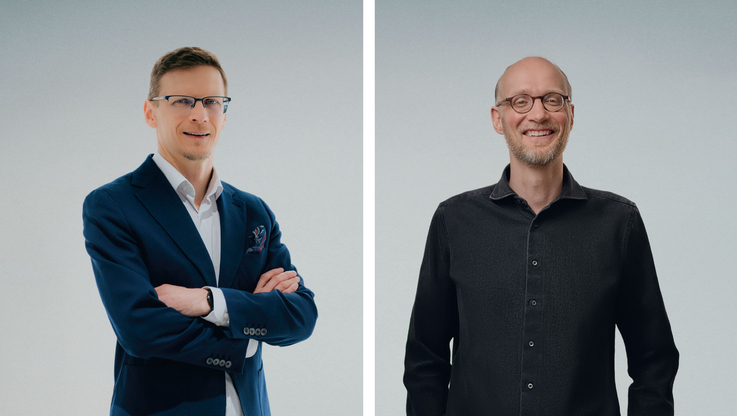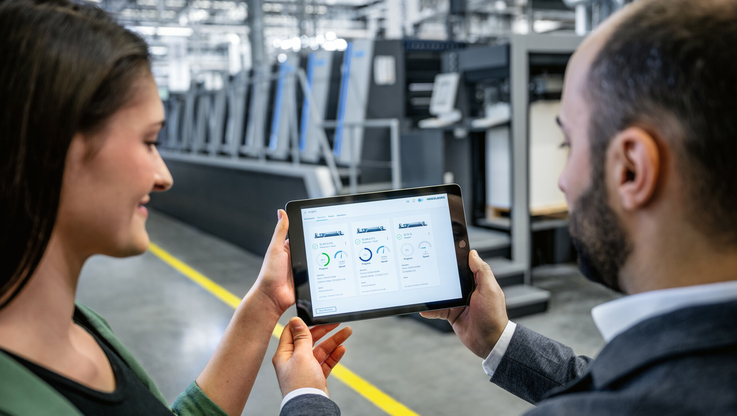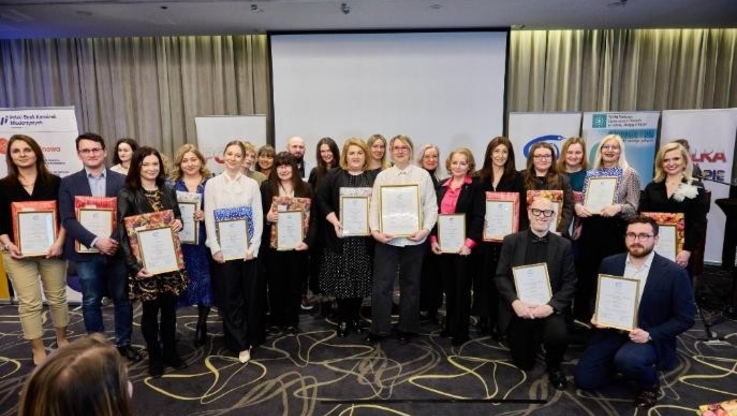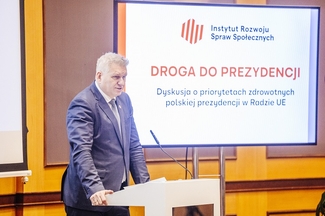Pobierz materiał i Publikuj za darmo
Copper has been shown to have antimicrobial properties and significantly reduce dangerous germs such as bacteria, fungi and viruses. Door handles are the most commonly used contact surfaces in hospitals. A recent on-site random sampling of these new door handles made from solid cast-copper alloys has shown that up to two-thirds reduction in germs is possible. This is especially critical for patients in high-risk areas such as intensive care units and isolation rooms.
“With the use of hundreds of copper handles to prevent infection, we have now set a further milestone on the important topic of hygiene, demonstrating once again our leading role in combating and reducing hazardous germs, especially multidrug-resistant pathogens,” says Dr. Thomas Wolfram, spokesman for the Group management team of Asklepios Kliniken Hamburg.
“Hands are known to be the main carriers of pathogens. Thus, door handles play an important role as the most common contact surfaces. This is where the antimicrobial copper material comes in,” explains Dr. med. Susanne Huggett, medical director of Asklepios' large MEDILYS laboratory in Hamburg. “Based on spot checks carried out in the summer of 2014, it is reportedly expected that under everyday conditions in hospitals the use of copper handles could achieve a reduction of germs by more than 50 percent compared to the spread of germs on traditional door handles.
“The realization that copper has a disinfecting effect goes all the way back to ancient Egypt at the time of the Pharaohs. For example, at the time, copper chips were stirred into ointments for wound disinfection. With the help of modern science, we are only now beginning to understand how copper can have this effect,” says Dr. Anton Klassert, business manager of the German Copper Institute. Given the increasing proliferation of bacteria, fungi and viruses, the centuries-old insight is now getting a very current twist.
Pictures are available via epa european pressphoto agency (http://www.epa.eu/) and can be downloaded free of charge at: http://www.presseportal.de/pm/65048/asklepios-kliniken?keygroup=bild
Cross reference: Additional information available at http://www.presseportal.de/pm/65048/asklepios-kliniken?keygroup=dokument
For additional information please contact:
Asklepios Kliniken
Division of Corporate Communications and Marketing
phone: +49 (0) 40 18 18-82 66 36
e-mail: presse@asklepios.com
Pobierz materiał i Publikuj za darmo
bezpośredni link do materiału
| Data publikacji | 29.10.2014, 14:19 |
| Źródło informacji | APA-OTS |
| Zastrzeżenie | Za materiał opublikowany w serwisie PAP MediaRoom odpowiedzialność ponosi – z zastrzeżeniem postanowień art. 42 ust. 2 ustawy prawo prasowe – jego nadawca, wskazany każdorazowo jako „źródło informacji”. Informacje podpisane źródłem „PAP MediaRoom” są opracowywane przez dziennikarzy PAP we współpracy z firmami lub instytucjami – w ramach umów na obsługę medialną. Wszystkie materiały opublikowane w serwisie PAP MediaRoom mogą być bezpłatnie wykorzystywane przez media. |










